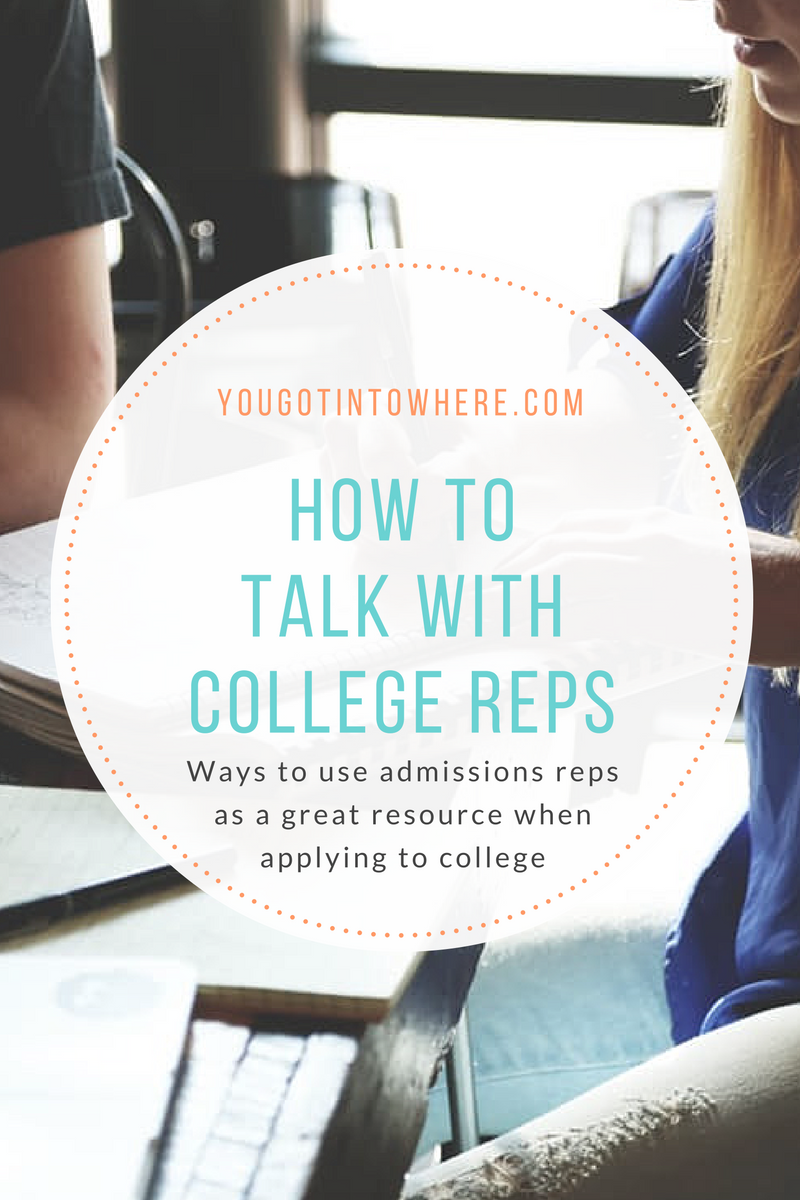Oh, how time flies. Just yesterday you were a freshman excited about high school and look at you now, about to be a senior; they grow up so fast. You can’t have fun just yet. 15 tips will be provided, advising you to make the best decision to finish junior year off strong!
Tip #1: Stay Focused and Make Goals
Junior year is the most stressful year of high school. With the ACT and SAT, college admissions, scholarships, and society, it’s extremely easy to lose focus on the bigger picture. Remember why you need this last semester to be perfect.
- Write on sticky notes what you hope to accomplish and stick them everywhere.
- Set daily goals. For example, you can make a goal to speak with your teachers on ways to improve your grades.
Tip #2: Get Organized!
College mail, test prep materials, study guides, and scholarship information can pile up rapidly making a cluttered mess. Junior year is not a time to have clutter! Grab all those loose papers and find a nice comfortable place to sit. Make a “trash” pile and a “keep” pile and divide the loose papers into those two categories.
If you don't have one already, get a good planner. You can use planners track your homework, events, holidays, and much more. Here’s a good article to show you how to organize your planner. Don’t see a planner you like? No worries, you can use a personal journal and decorate it to your liking. Here’s an article showing you how to make and use a bullet journal.
Tip #3: Begin Thinking About College
Don’t fall behind the rest of your peers by skipping out on the college search. The college admissions process is competitive and gets even more competitive the closer it gets to application season. You can access college websites and forums discussing colleges. Here is an article on choosing the college best fit for you.
Tip #4: Visit Colleges
College visits are highly important. They can make or break your decision on a school. If you walk on campus and you just get a feeling of home that usually means this is the school for you. You also can get first-hand testimonies from current students and can meet different reps from the school. Who knows, you might just stand out on the visit and get a surprise email from the admissions director. Visiting colleges aren’t always accessible to everyone. Here is an article about learning about colleges without visiting them.
Tip #5: Begin Looking for Scholarships
On the YouGotIntoWhere? blog, monthly scholarships are posted to help you with the scholarship hunt. There are many websites that match you with scholarships. Scholarships.com, Fastweb.com, Cappex.com, and CollegeGreenlight.com are common sites to find scholarships. Also, check to see if your local banks and churches offer scholarships. Here’s an article to assist you in search of scholarships. Don’t get discouraged or frustrated. Good luck!
Tip #6: Prep for Standardized Tests
- Here is an article comparing the new ACT to the new SAT.
- People are willing to tell you their experiences.
- There is an article on seven ways to improve your score.
- Lastly, there is an article informing you on how to get through the SAT/ACT by the end of your junior year of high school.
Tip #7: Begin Asking for Recommendation Letters
Your favorite teacher, your track coach, your vocal coach, your pastor, or even your supervisors are good people to ask for recommendation letters. Colleges and scholarships both as for recommendation letters.
An article was written about a beginner’s guide to recommendation letters. You should check it out.
Tip #8: Meet with your Counselor
The good old counselor, your best friend throughout your junior year of high school. You should meet with them initially to make sure you are on the right path to graduation. They can motivate you, and essentially they can make the second semester of junior year easier for you. Building this relationship also means you can have another person who can write you a recommendation letter.
Tip #9: Expand your Resume
Expanding your resume means to add more things on your resume to make you stand out in the application pool. As a junior in high school, a resume is a must. It can be used to get jobs, to get internships, to get recommendation letters, and to get admitted to colleges. For colleges, an activities resume will be most common. There are many templates out there in the world for activities resumes but if you like to make your own from scratch, here’s a guide for you to use.
Tip #10: Get More Involved
Join more clubs and extracurriculars in your school and community. Clubs and extracurriculars on your resume show that you want to learn outside of your required eight hours. It also shows your initiative to better yourself. The longer you’re in a club, the better.
Attempt to become the president, vice-president, secretary, or treasurer. For sports teams, try to become captain or co-captain.
This will tell you everything you need to know about choosing the right clubs.
Tip #11: FAFSA?
Yes, the Free Application for Federal Student Aid. FAFSA is what colleges will use to accept and award financial aid to you. The application opens October 1st of every year. This will explain what FAFSA is.
Tip #12: Find a Form of Income
There are many articles about getting part-time jobs in high school but here is the article I wrote on making an income during high school. My parents won’t let me get a job? There still are ways to find income. You can babysit, house sit, or pet sit. You can become a tutor and more. There are pros and cons of having a job in high school.
Tip #13: Get Closer to Your Classmates
These are the people who will walk across the stage with you. These are the people who you will see at your class reunions. These are the people who will support you in life. If you haven't made good friendships yet, now is a great time to start.
Tip #14: Get Healthy
You should pay attention to your body's physical and emotional needs due to the stress that you will be under from school work, activities, and more. Exercise, eat healthy, and talk to someone if you are not feeling as happy as you believe you should.
Tip #15: Relax and Have Fun
Finishing junior year of high school is stressful but it doesn’t have to be the death of you. You don’t have to think “do this, do that, I need to find this, I need to stand out” every day. Devote days or hours to relaxing, and no, sleep does not count. Meditation, running, cleaning, and doing any of your hobbies are good ways to relax. There is an article on de-stressing or relaxing productively.
I hope you enjoyed my 15 tips on finishing your junior year of high school strong. You will do good this semester; I have faith in you. Good luck!





























